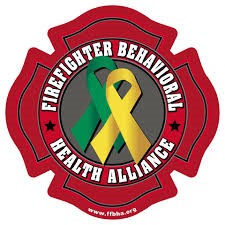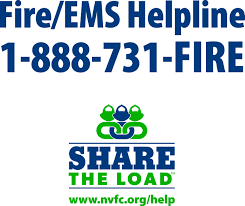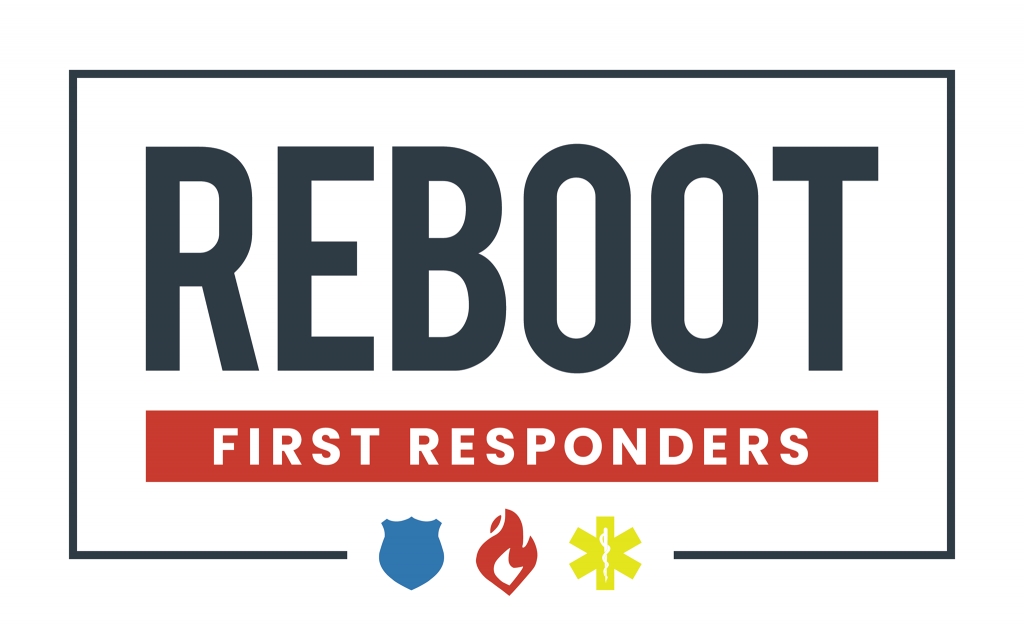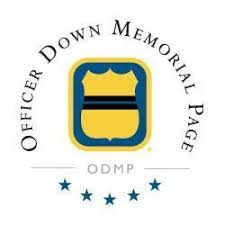Suicide is (NOT) Painless
It is a Battle for your Soul
 Defined as “the act of intentionally killing oneself,” nearly all suicides result from terrible mental illness.
Defined as “the act of intentionally killing oneself,” nearly all suicides result from terrible mental illness.
According to the World Health Organization, more than 800,000 people take their lives every year, accounting for one death by suicide every 40 seconds.
In the United States, suicide is the 10th leading cause of death. In 2018, 48,344 Americans died by suicide. In 2015, suicide and self-injury cost Americans 69 billion dollars.[1]
Written for the 1970 movie M.A.S.H. and used as the theme song for the popular television show by the same name, the song “Suicide is Painless” is undoubtedly melancholic. However, by adding the lyrics to the song, it even takes a darker tone.
Through early morning fog I see,
Visions of the things to be
The pains that are withheld for me
I realize, and I can see(chorus)
That suicide is painless,
It brings on many changes,
And I can take it or leave it,
if I please
Many people living in the United States, whether influenced by our Judeo-Christian values or by their convictions, denounce the act of suicide. Beliefs that suicide is the ultimate sin, or that God condemns suicide, or by committing suicide, you cannot gain or you will lose your salvation is not valid. Many believe that committing suicide is a one-way ticket to HELL.
The Bible tells us of those who struggled and took their own lives, and Scripture reminds us of the hope and promises of God. Nowhere in God’s Word is suicide condemned or signified that it is an unforgivable sin. God’s Word is evident that the ONLY sin that cannot be forgiven is the refusal to believe in Jesus Christ.
Whoever believes (in Jesus Christ) and is baptized will be saved,
but whoever does not believe will be condemned.
Mark 16:16 NIV (parenthesis mine)
Among First Responders, the attempted suicide rate is more than ten times greater than the general population. The stigma associated with these everyday heroes does not allow them to seek help for the risk of harming their careers. First Responders typically self-medicate, with alcohol or drugs, and engage in risky behavior. Unlike their civilian counterparts, First Responders cannot call for help in a mental health emergency without risk of losing their livelihood.
 According to the Substance Abuse and Mental Health Services Administration (SAMHSA), First Responders are the first to respond to incidents involving harm to others. Their work exposes them to grief, injury, pain, and loss. First Responders have demanding schedules, physically challenging job requirements, and they put their life on the line for others.
According to the Substance Abuse and Mental Health Services Administration (SAMHSA), First Responders are the first to respond to incidents involving harm to others. Their work exposes them to grief, injury, pain, and loss. First Responders have demanding schedules, physically challenging job requirements, and they put their life on the line for others.
These daily experiences of death and destruction, coupled with the constant hypervigilance, cause emotional trauma leading to anxiety, depression, Post-Traumatic Stress injury, and possibly suicide.
The Consequence of Suicide
Suicide is a permanent solution to a temporary problem that causes a ripple effect taking an enormous toll on individuals, families, and communities. Family and friends experience shock, anger, guilt, and depression. Being a survivor of a loved one who committed suicide increases that person’s risk of having suicidal thoughts.
In a 2018 study by the National Center for Biotechnology Information, it is estimated that 115 people are exposed to a single suicide, and one out of five people, known as “suicide survivors,” report that the suicide incident had a devastating impact or caused a major-life disruption.[2]
Support for those grieving a suicide is often less because they cannot reach out for help – and because others do not know how to help.
In times of loss and grief, humankind has often turned to religious or spiritual beliefs and practices to find a framework, a way of dealing with or incorporating death,[3] or for constructing meanings for death and the world as people in ordinary or difficult times experience it.[4] Despite growing secularism in some parts of the world, spirituality and religion are still elements of the cultural and sociological worldview of many societies, particularly when it comes to life and death. This is especially the case where death is tragic and violent.[5]
Death of a loved one is painful, whether it be sudden or after a long illness. However, death by suicide is different, making the grieving process more difficult. A suicide death is sudden, many times violent and typically unexpected.
Because of the stigma, shame, and isolation associated with suicide, suicide survivors often isolate themselves from other family members and their community. Because of the guilt, they may conceal evidence that a suicide occurred, making the death appear to be accidental or due to illness. Family members may refuse to talk about death, many times keeping the details a secret, leading to even more confusion, isolation, and shame that can last for generations. Many family members often feel cut off after suicide.
After a suicide, feelings of rejection, anger, and abandonment are intense and challenging to sort out. The “need for a reason” will arise, causing the bereaved to second guess their actions. Many “what if” questions will be asked.
Research, by many organizations, have concluded that those bereaved, those impacted by suicide, are at an increased risk for thinking about, planning for, or attempting suicide. Unless adequately treated, these feelings will grow more intense.
Many suicide survivors may respond with denial, acting as if everything is ok when it is not. As part of human nature, there is a great desire to pinpoint why the incident occurred. Suicide survivors may place blame on others even though the fault is not warranted. Anger is a typical response, demanding an explanation from God and being angry at others. Anger has to be dealt with positively and constructively to get away from its negativity.
The Bible and Suicide
While God’s word does not use the word suicide, the Old Testament documents five instances:
- Abimelech – lack of identity Judges 9:54
- King Saul – stressed out 1 Samuel 31:4
- Saul’s armor-bearer – impulse 1 Samuel 31:5
- Ahithophel – bitterness 2 Samuel 17:23
- Zimri – rebellious to authority 1 Kings 16:18
The New Testament records one instance: Judas– depressed and trapped by materialism, Mathew 27:3-5
 As Christians, we believe that God wants life for all of us. However, many seek death by suicide after living under painful and distressing circumstances. God wants our lives to move forward due to our relationship with Him. God is the source of life;
As Christians, we believe that God wants life for all of us. However, many seek death by suicide after living under painful and distressing circumstances. God wants our lives to move forward due to our relationship with Him. God is the source of life;
King David wrote:
You make known to me the path of life;
You will fill me with joy in your presence,
With eternal pleasures at your right hand.
Psalm 16:11 NIV
Jesus tells us;
The thief comes only to steal and kill and destroy;
I have come that they may have life and have it to the full.
John 10:10 NIV
IF YOU HAVE THOUGHTS OF SUICIDE GET HELP NOW
Law Enforcement Copline (800) 267-5463
Firefighters / Medics Fire/EMS HELPLINE (800) 731-FIRE (3473)
- “Suicide Statistics,” American Foundation for Suicide Prevention, accessed 02/14/2020, https://afsp.org/about-suicide/suicide-statistics/ ↑
- “Exposure to Suicide,” National Center for Biotechnology Information, accessed 02/14/2020, https://www.ncbi.nlm.nih.gov/pubmed/26843675 ↑
- Vandercreek, Larry, and Kenneth Mottram. 2009. The Religious Life during Suicide Bereavement: A Description.Death Studies 33: 741–61. ↑
- Holloway, Margaret, and Bernard Moss. 2010. Spirituality and Social Work, 1st ed. London: Palgrave and Macmilan,ISBN 978-0-230-21924-3. ↑
- Burke, Laurie A., Robert A. Neimeyer, Meghan E. McDevitt-Murphy, Maria R. Ippolito, and J. Matthew Roberts.2011. Faith in the Wake of Homicide: Religious Coping and Bereavement Distress in an African AmericanSample. International Journal for the Psychology of Religion 21: 289–307









